EERA Blog
European Educational
Research Association
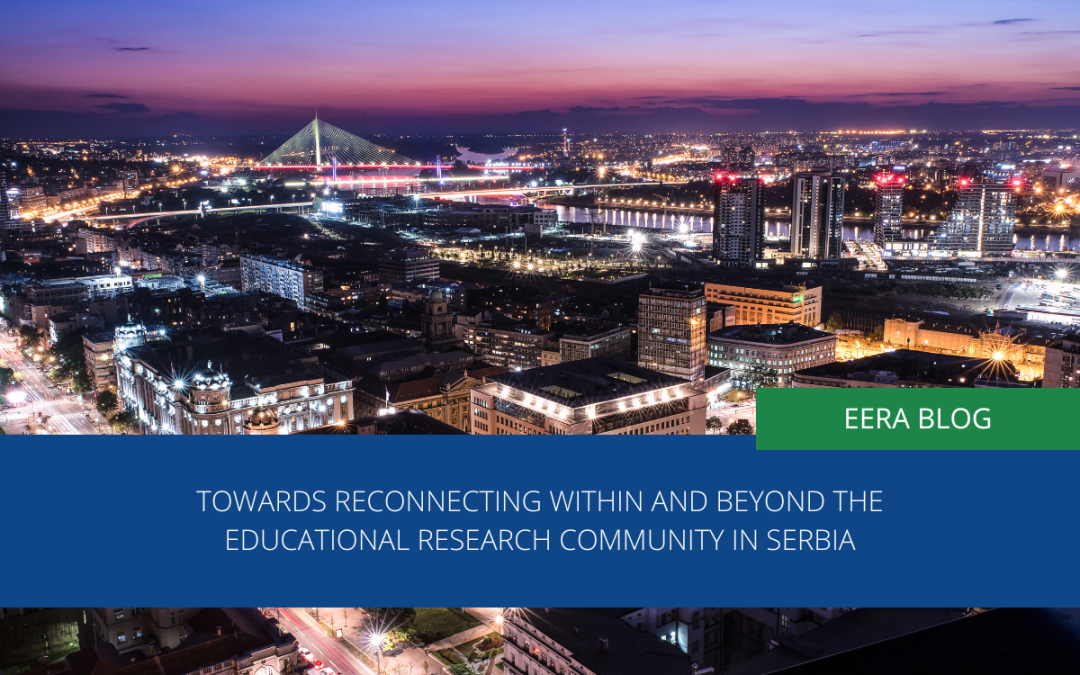
Towards reconnecting within and beyond the educational research community in Serbia
The educational research association of Serbia (ERAS) stands out for its advocacy of interdisciplinary collaboration, welcoming experts from diverse fields interested in educational research. We wonder whether, together with EERA, we can rewrite the narrative of ‘balkanisation’, turning it from a tale of fragmentation into one of collaboration and reconnection. Hence, the theme of the ECER 2025 is Charting the Way Forward. We are looking forward to welcoming you in Belgrade!
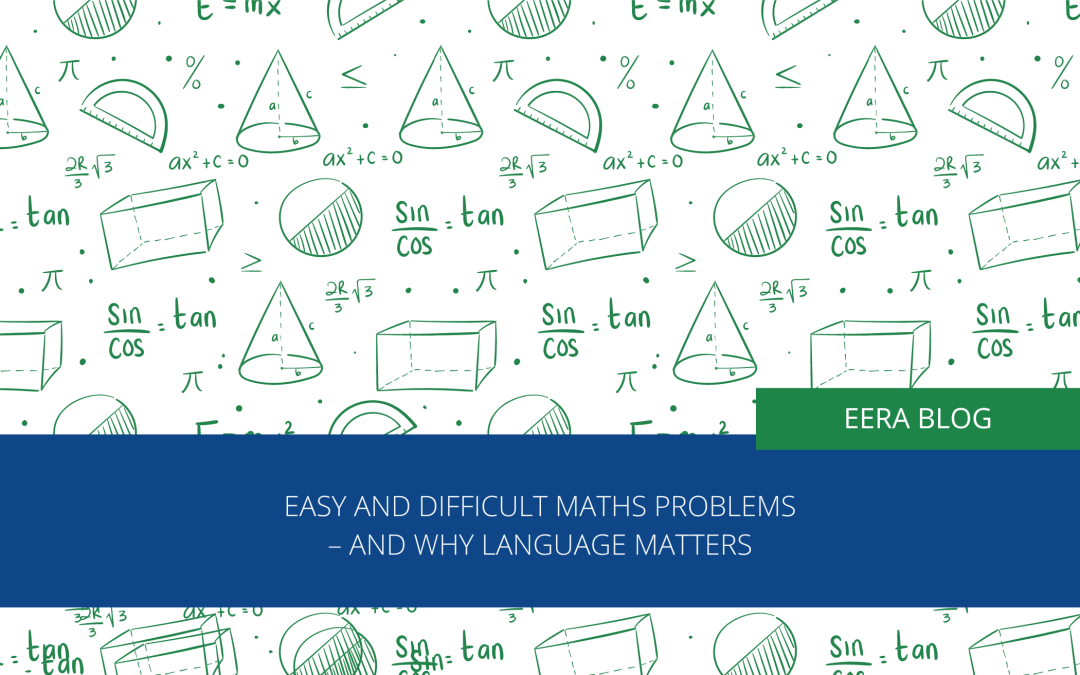
Easy and difficult maths problems – and why language matters
Beyond the actual learning of mathematics, situational and linguistic aspects are relevant when students are working on a task
Any of these aspects can influence whether a maths problem is perceived by the student as easy or difficult. Not understanding the maths problem, therefore, does not unambiguously point to a level of mathematical ability.
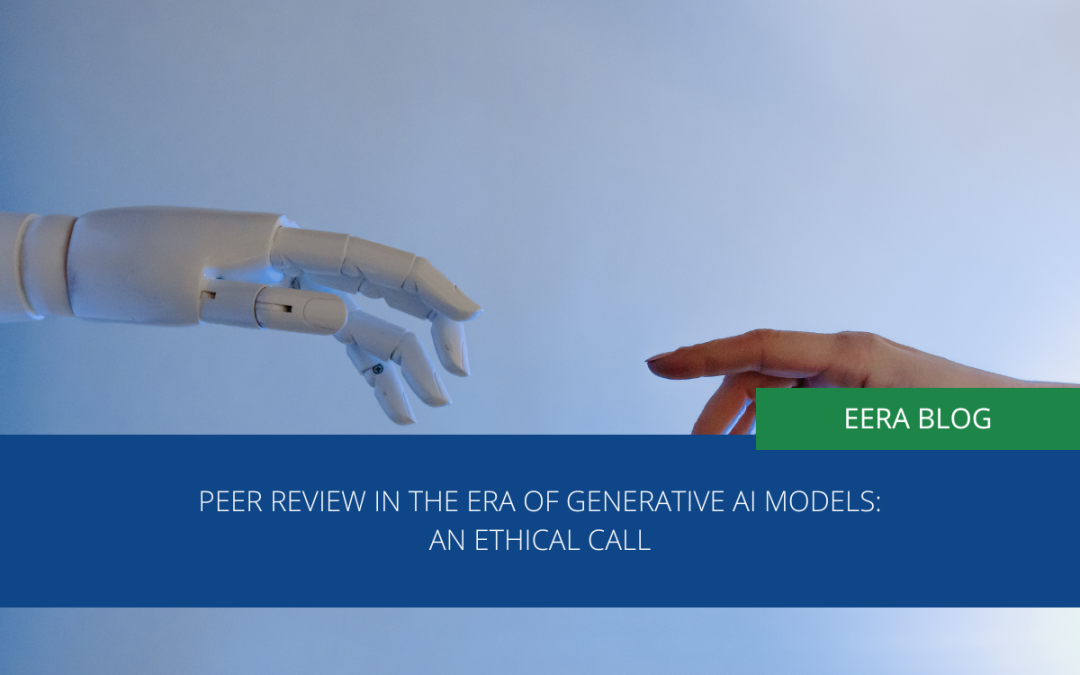
Peer review in the era of generative AI models: An ethical call
The emergence of generative AI models, such as ChatGPT, is significantly impacting various facets of society, including research and academia. Given their ability to generate human-like text based on input data or prompts, generative AI models have profound implications for the academic community. These implications entail ethical and societal challenges within the peer review process, raising questions about the potential role of such models.
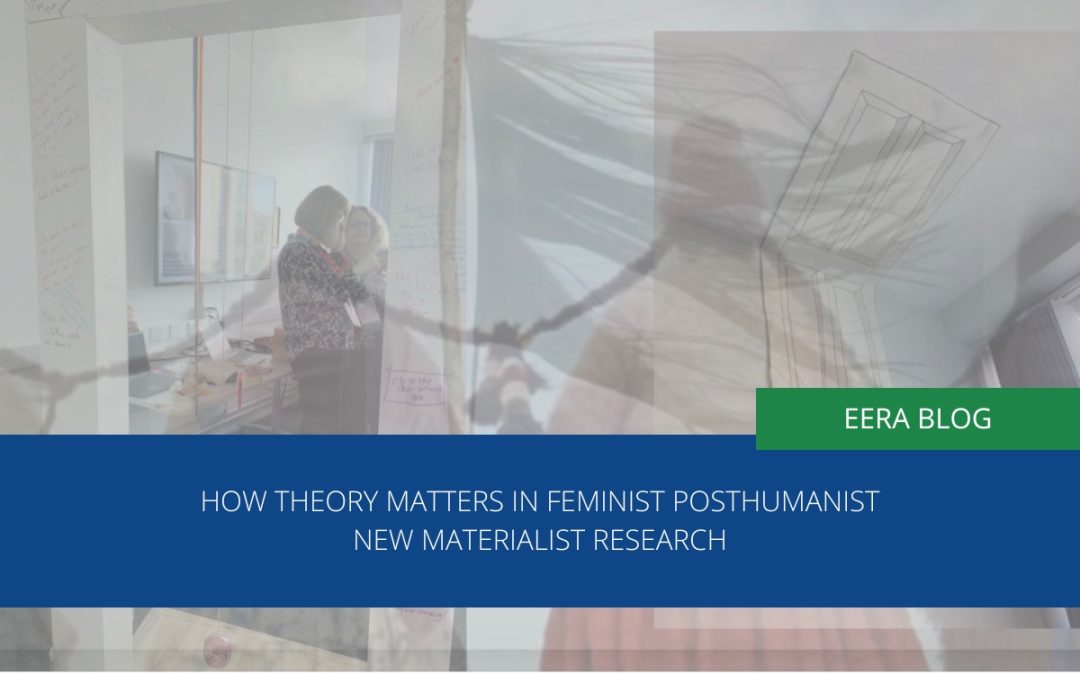
How theory matters in feminist posthumanist new materialist research
We suggest that working with theory/ living theory changes not only the way we think, but creates a more capacious, inclusive and affirmative sense of what educational research can be and what education can become.
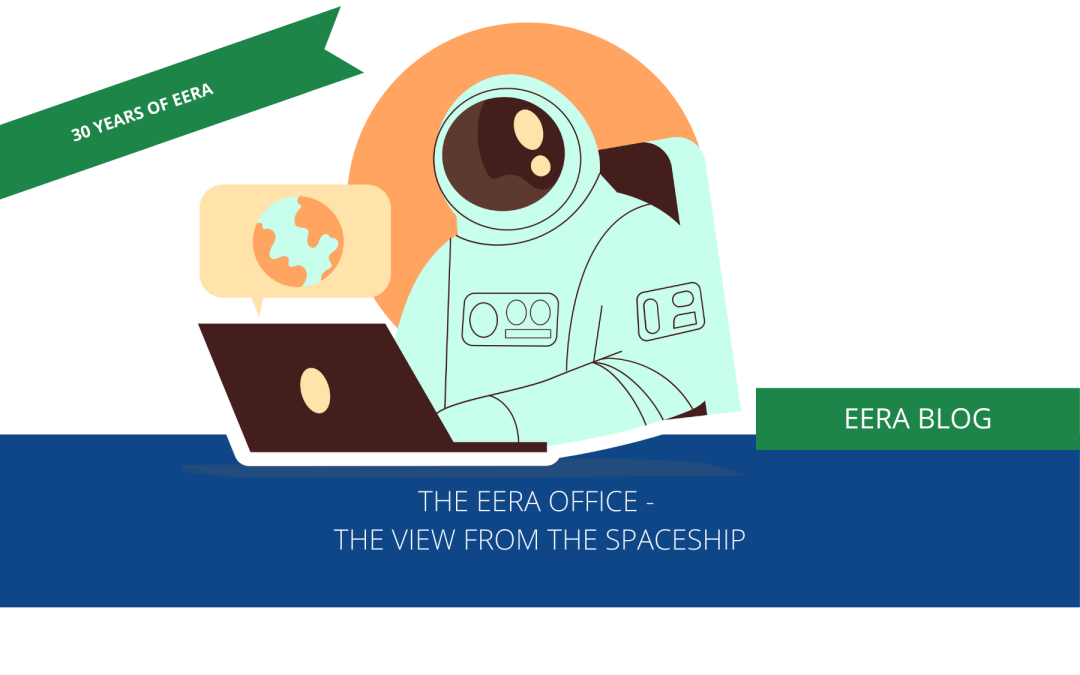
The EERA Office – The view from within the spaceship
Angelika Wegscheider explains what it is like to steer the ‘spaceship’ of the EERA office, the changes she has seen over the years, and the lessons she’s learned from her time with the organisation.
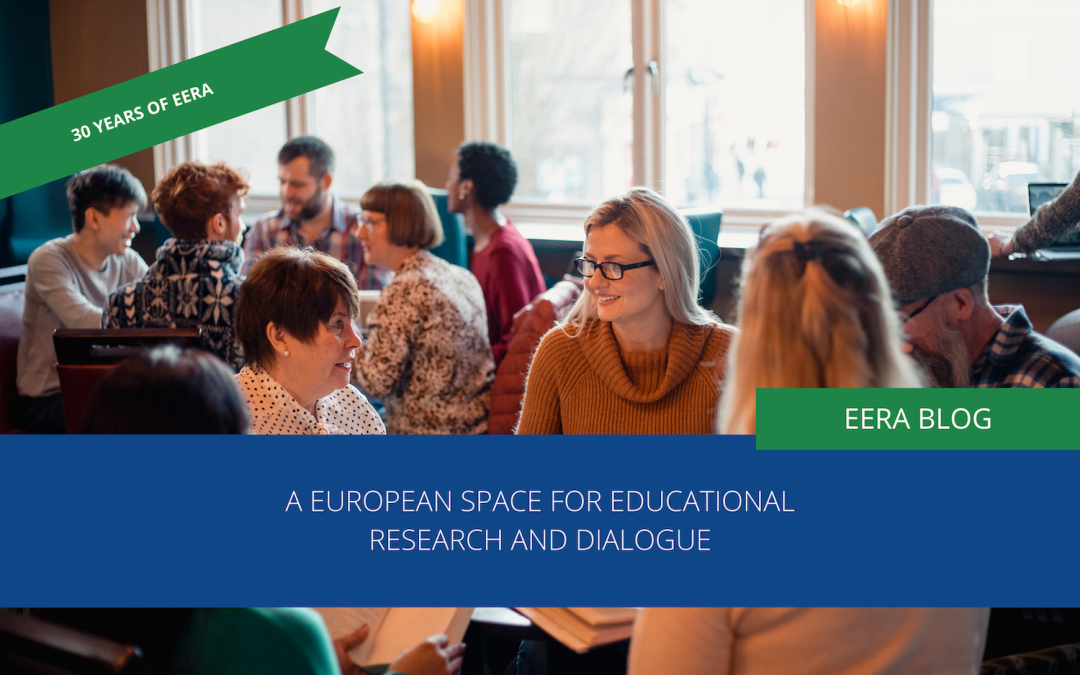
A European Space for Educational Research and Dialogue
Past Secretary General of EERA, Professor Lisbeth Lundahl on the importance of EERA as an open and welcoming space for educational research and discourse.
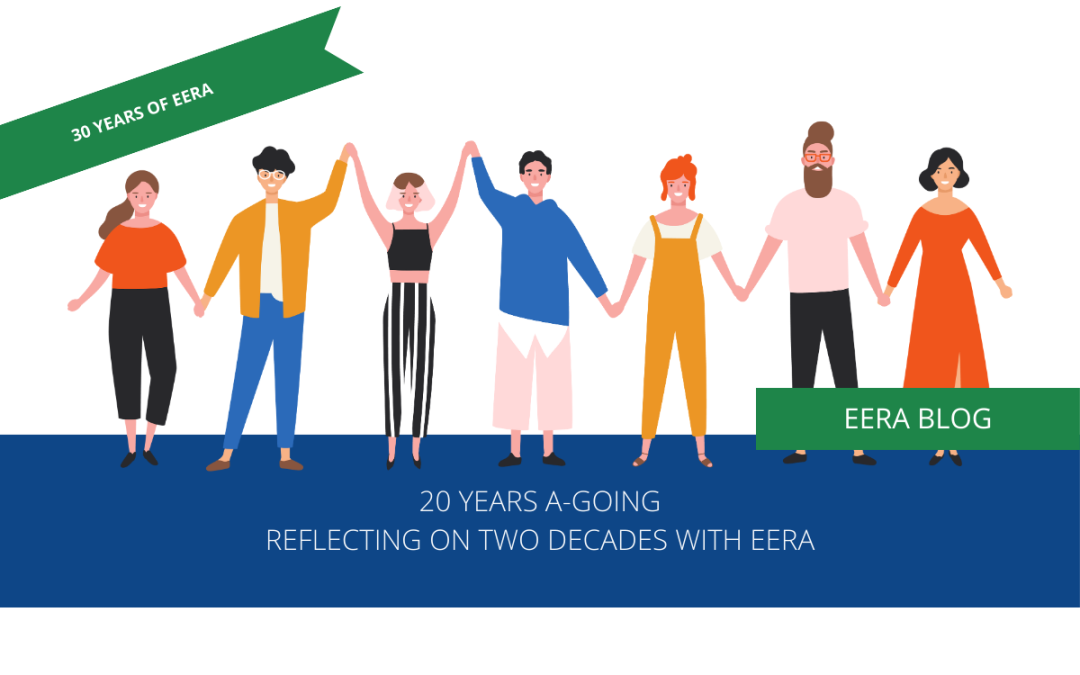
20 Years a-going – Reflecting on two decades with EERA
Past President, Professor Joe O’Hara takes a walk down memory lane to celebrate EERA’s 30th anniversary, and reflects on the developments and achievements of the organisation.
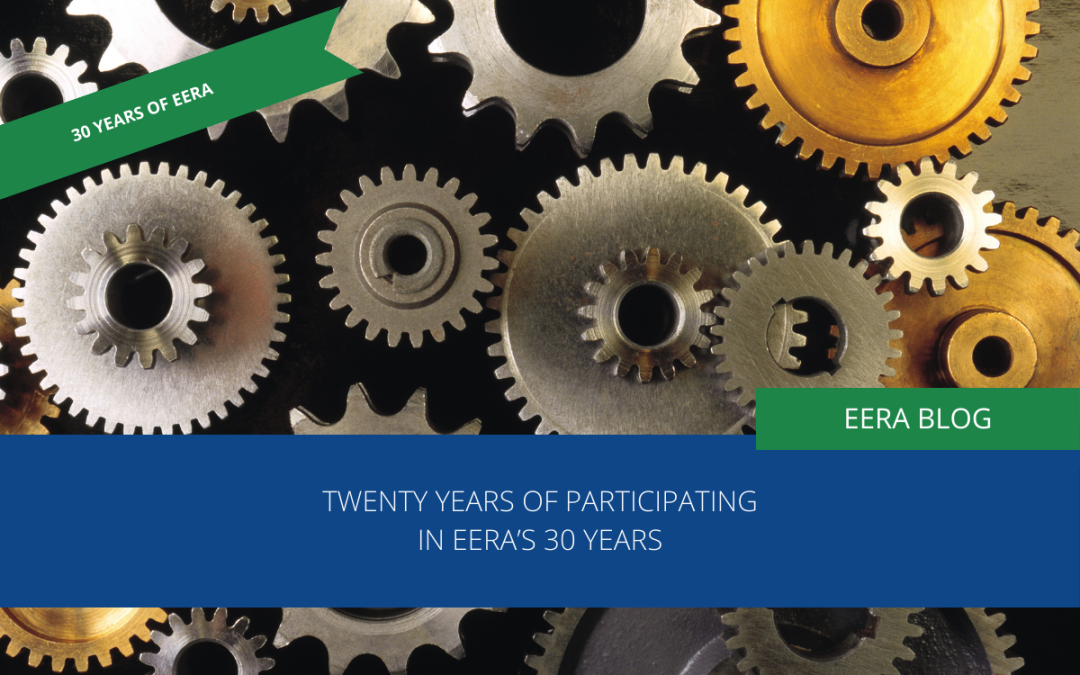
Twenty years of participating in EERA’s 30 years
In this blog post, Professor Emeritus of Educational Sciences at Utrecht University in the Netherlands, and previous EERA president, Dr Theo Wubbels reflects on his involvement in EERA over the years, and where the organisation’s future lies.
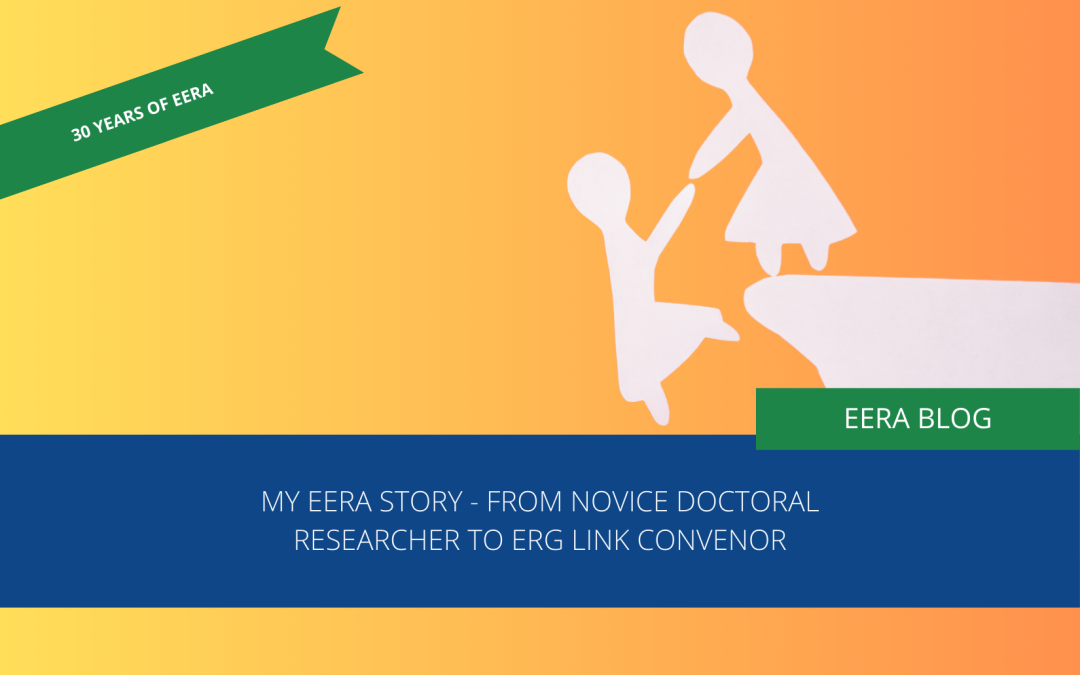
My EERA story – from novice doctoral researcher to ERG Link Convenor
ERG Link Convenor Dr Saneeya Qureshi looks back on her journey, from her first conference, to her professional and personal growth with EERA, and the friendships made along the way.
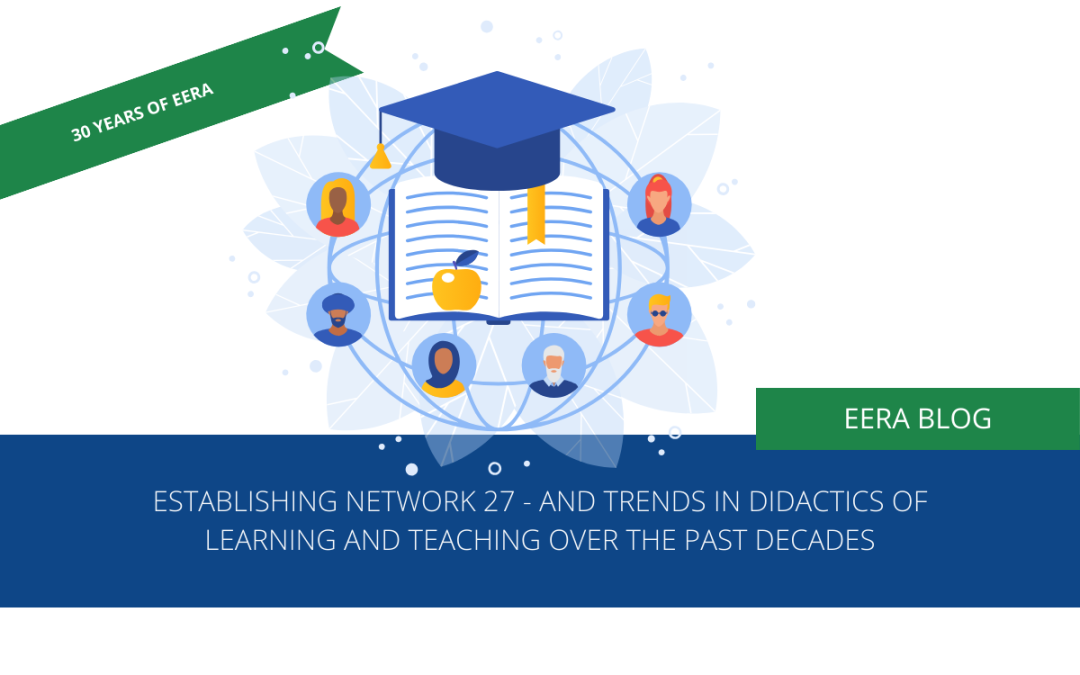
Establishing Network 27 – and trends in didactics of learning and teaching over the past decades
Professor Emeritus Brian Hudson on the establishment and development of Network 27, and the associated trends in didactics of learning and teaching over the past few decades.
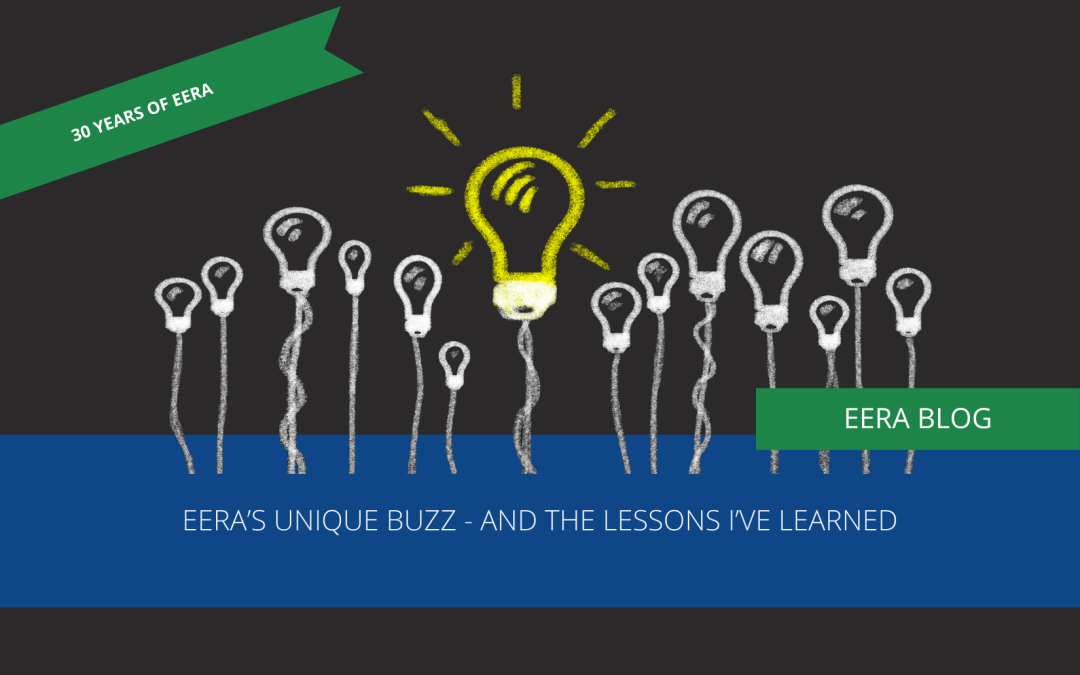
EERA’s unique buzz – and the lessons I’ve learned
Professor Emeritus Terri Seddon explains why the European Conference on Educational Research became her ‘first-choice’ academic conference, and worth the long-haul flights from her home in Melbourne.
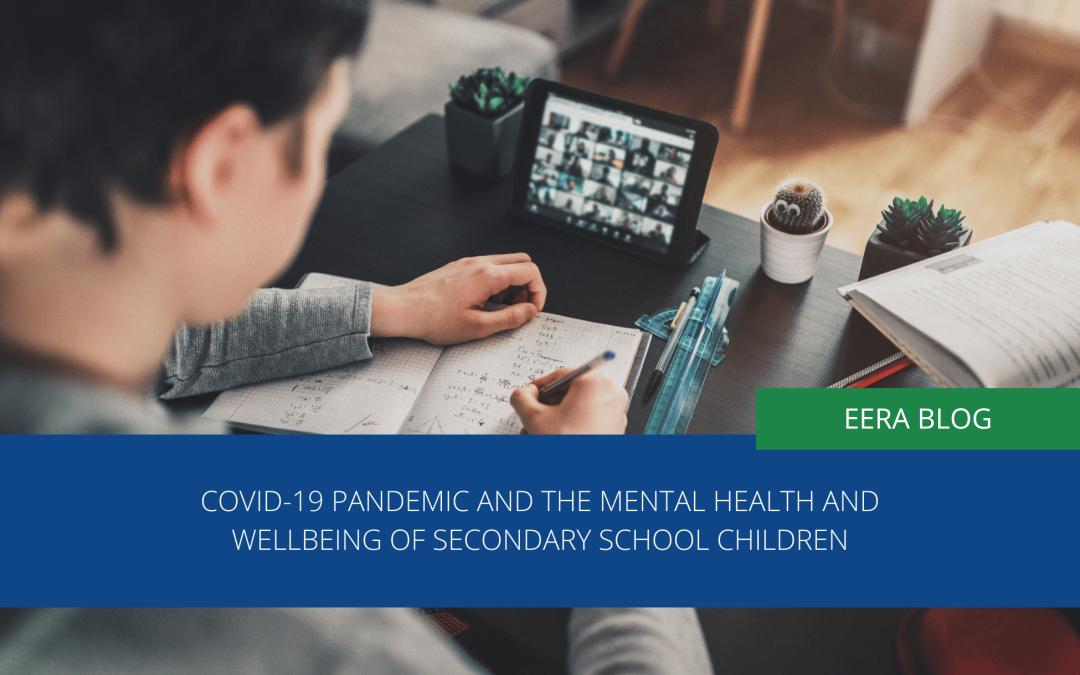
COVID-19 pandemic and the mental health and well-being of secondary school children
Research into the impact of the COVID-19 pandemic on the mental health and wellbeing of school children in England suggests that a holistic response is needed.
Write for the EERA Blog
If you’d like to contribute to the EERA blog, take a look at our Submission Guidelines to find out how to successfully pitch a blog post to our Editorial Team. Then send us a quick email to blog-mail@eera.eu
We look forward to hearing from you
